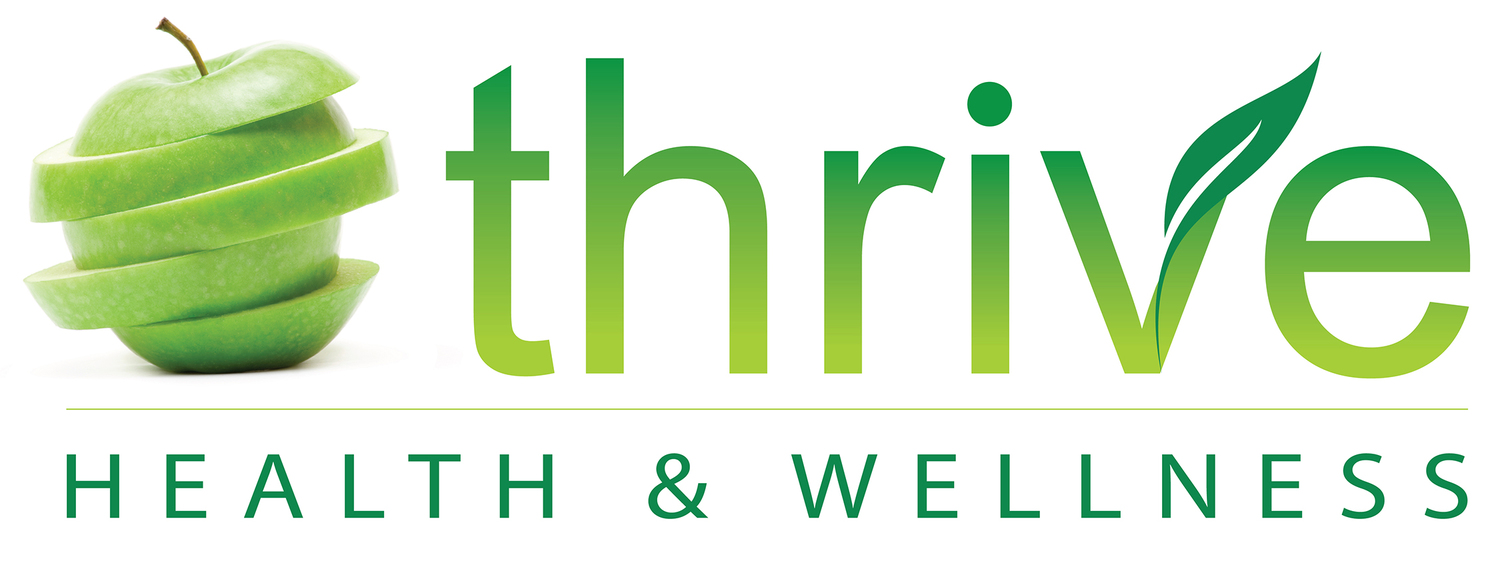DO YOU STRUGGLE WITH HEADACHES OR MIGRAINES?
There are many different internal and external factors that can cause headaches and migraines. Stress, neck tightness, eye strain, sickness (sinus infections, colds, flu, etc.), strong smells, food allergies/sensitivities, food additives/flavourings, artificial sweeteners, hormonal imbalance/menstruation and mineral/vitamin deficiencies, to name a few. Whatever your trigger, being down and out with a migraine or headache isn’t fun.
Here are some natural remedies and healthy ways to manage your pain so you can get on with your day!
Avoid food allergens and potential triggers. Some common things that may contribute to headaches include monosodium glutamate (MSG – a flavour enhancer), foods containing nitrates (deli meat, hot dogs, bacon, sausage, etc.), alcohol (especially red wine), cheese/milk (dairy), chocolate, coffee, eggs, beef, pork, corn, tomato, food additives (colourings/preservatives), processed and pickled foods, etc. To determine what foods cause you issues, keep a daily food log and make note of your symptoms and how you’re feeling each day.
Drink lots of water! Dehydration can cause tension headaches and migraines as well as irritability. Make sure you're getting lots of water in throughout the day; aim for 2-3 L of water a day. Keep a reusable water bottle with you at all times and track your intake!
Magnesium is a very important mineral in the body. Magnesium deficiency has been linked to headaches/migraines. Load up on magnesium rich foods such as green leafy vegetables, fruit (figs, avocado, bananas, raspberries), squash, nuts/seeds (almonds, sesame seeds, sunflower seeds, brazil nuts, cashews), legumes (black beans, chickpeas, kidney beans), natural peanut butter, green vegetables, seafood, whole grains, oatmeal, eggs, dark chocolate and raw cacao. If you want to include a supplement in your diet, aim for 200-600mg/day.
Omega 3 Fatty acids can help reduce the frequency and severity of your headaches and they also have a number of other health benefits. Try supplementing with an omega 3 fish oil (high EPA and DHA) and include more omega 3 rich foods into your diet. You can find omega 3’s in fatty fish (salmon, mackerel, sardines, herring, tuna, seabass, trout), flax, chia and hemp seeds and walnuts.
Get into a good sleep routine! Aim for 7-8 hours of sleep each night, this will give your brain and body time to rest and reset.
Take breaks from your computer screen and other electronics – too much screen time and focus can cause eye strain and headaches. Be sure to take breaks while you’re working to give your eyes and mind a break.
Limit Alcohol. Alcohol causes vasodilation of the blood vessels which may cause headaches. Also, alcohol is a diuretic which results in loss of fluid/electrolytes and ultimately dehydration.
Essential Oils have therapeutic benefits and can help reduce the symptoms of a headache. Try applying peppermint essential oil to your temples and to the back your neck (Sage Peppermint Halo is a fantastic product!). You can also try diffusing lavender or eucalyptus.
B vitamins may have protective effects against headaches. Include foods rich in B vitamins and include a good vitamin B complex into your daily supplemental routine if you need it. Food Sources of Vitamin B include whole grains, meat (red meat, poultry, fish), eggs and dairy, legumes (beans/lentils), seeds/nuts (sunflower seeds, almonds, pecans), dark leafy greens and some fruits (avocado, citrus, bananas).
Apply a cold compress to your neck or head. This may help reduce the pressure, pain and symptoms associated with a migraine or cluster headache by reducing inflammation, slowing nerve conduction and constricting blood flow. For tension headaches, try a hot compress.
Drink Coffee or Caffeinated Tea. Caffeine constricts blood vessels, increases alertness and improves mood which can have a positive impact on headache symptoms. However, too much caffeine can cause dehydration so be mindful of your intake.
Yoga is a great way to relieve stress, increase flexibility, stretch and may help reduce the frequency, intensity and duration of your pain. Meditation, mindfulness and breathing techniques may also be helpful to reduce stress and pressure in your head. Any stretching will be good to relieve the tension in your body; try incorporating neck and shoulder stretches into your day.
Herbal Supplements such as ginger, feverfew, valerian, passionflower and butterbur may be beneficial in reducing migraine pain and frequency. Try mixing 3 cups of water with 2 tbsp. freshly grated ginger, steep for 5 minutes and enjoy!
Exercise often – regular aerobic exercise can help reduce the frequency and severity of your headaches. It also promotes overall wellness.
Try chiropractic adjustments, acupuncture or massage!
Listen to your body and focus on self-care each day. If you’re struggling with a migraine or headache, take a time out and allow your body to rest, relax and recover. Identify and avoid your triggers and find the remedy that what works best for you!
Contact Steph for more information on how a holistic nutritionist can help improve your aches and pains!


